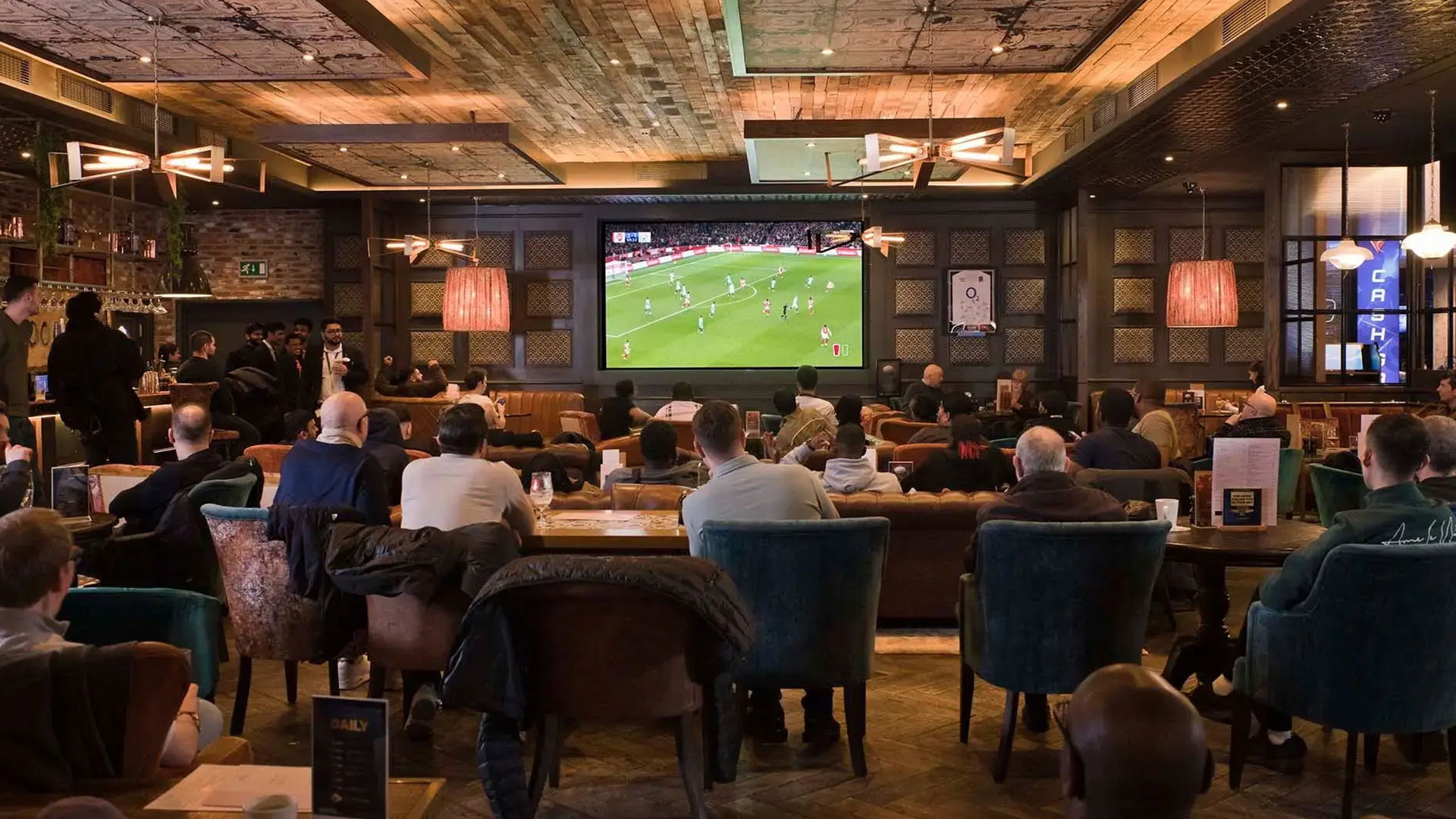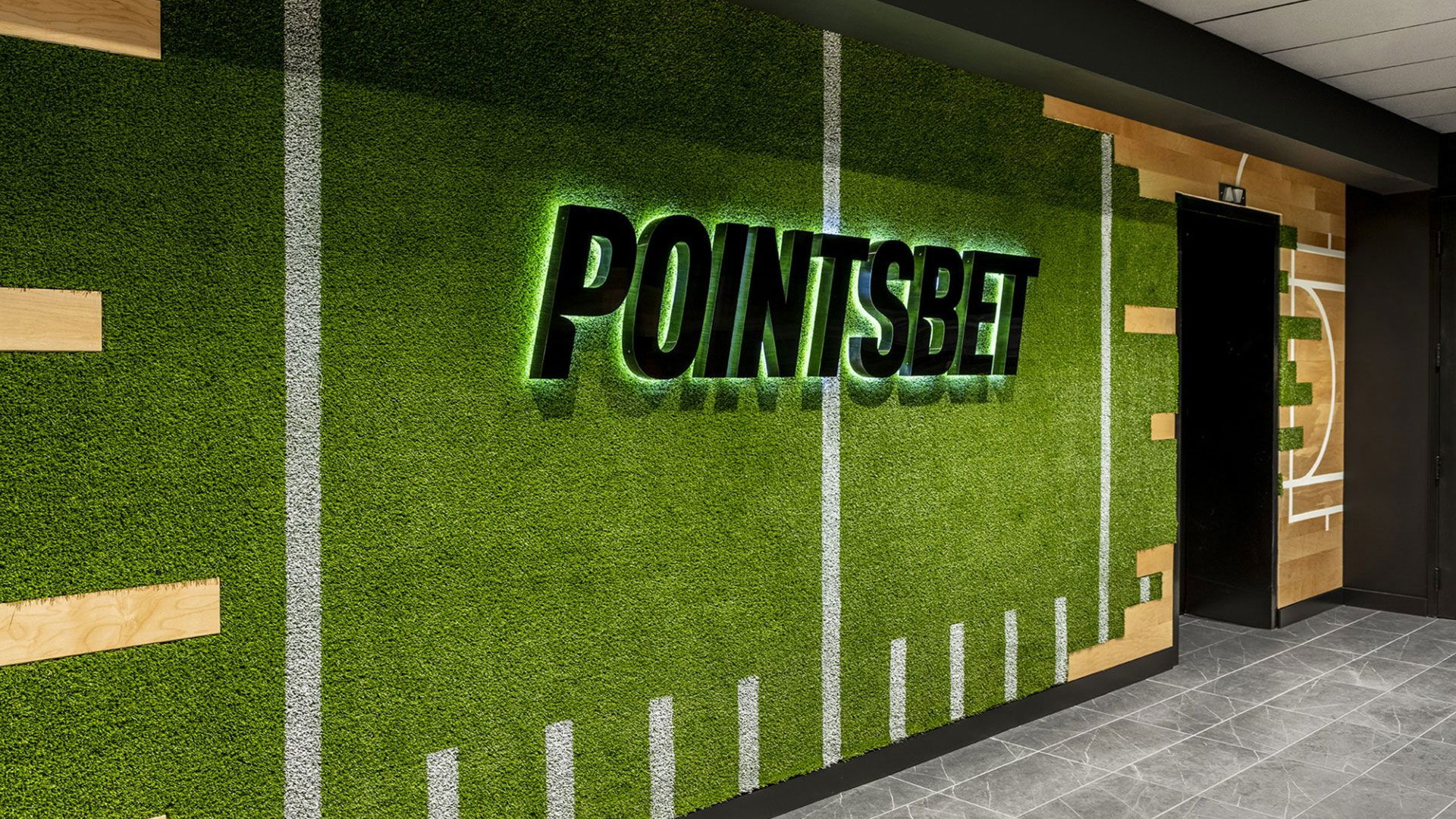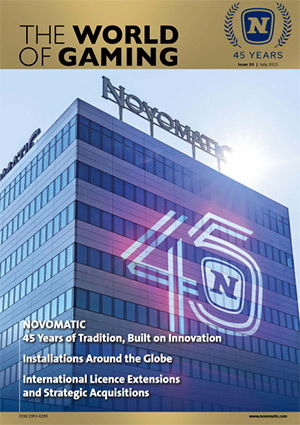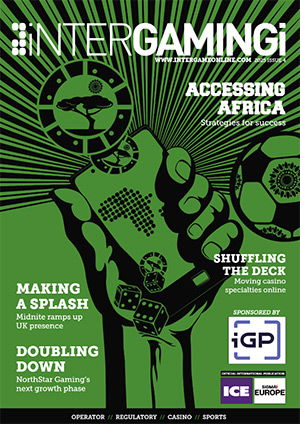"For licensed betting operators, trust and reputation is everything"

The International Betting Integrity Association (IBIA) sees 2019 as a transformative year as it rebranded from ESSA, its CEO Khalid Ali tells Yogonet. He explains the decision was made for three reasons: “The name better reflects who we are, what we do and where we want to be. Since the rebrand, we have been invited to represent the licensed betting industry at some significant events, including the United Nations meeting on safeguarding sport from corruption through to the Interpol match-fixing task force, which brought together law enforcement agents from around the world. Our membership also increased as result of the rebrand, with five new members joining and we have a pipeline of new members in 2020.”
Ali has synthesized the upcoming challenges as regards sports betting integrity in 2020 in the following article.
A new decade, a new world of betting
2020 looks like it will be another year of exciting opportunities and growth for the betting industry, with the opening of the US and South American markets of particular interest. Those markets sit within a global industry worth around 70 billion US dollars globally, and where the burgeoning interactive sports betting segment is predicted to nearly double over the next five years. In South America, for instance, the betting market is estimated to around 1.53 billion US dollars in gross gambling revenue and predictions show a rise to around 2.33 billion US dollars by 2024. But with this economic promise also come questions about the vulnerability of sports and betting to corruption. Through the International Betting Integrity Association, many of the largest and most reputable operators have joined forces, forming a united front to protect the integrity of sport and the betting product. With a growing international membership base, IBIA’s focus has understandably turned to how it can step up its efforts and use its experience as the leader in its field to address the integrity challenges the new decade will present.
The digital revolution brings opportunity
Digitalisation is fundamentally changing every aspect of our lives and the betting industry is no different. High-speed Internet, secure online payments and the proliferation of apps make it possible to bet anytime, anywhere. Live streaming of sports and the wide array of data now available has fuelled the rise of in-game betting, with customers cashing in and out before the game is done. Customer appetite has grown to include all manner of bets, and operators have sought to meet that demand by providing an unprecedented number of possibilities: from Donald trumping the Democrats in 2020, or The Irishman winning the Oscar for best picture, to the Ninjas in Pyjamas sleepwalking their way to winning the eSports league. Meanwhile, traditional sports betting has also widened in scope, with operators responding to customer demand for betting on more lower level local sporting events. This product diversification has helped operators promote their brand and engage new audiences.
A question of integrity
Unfortunately, a large number of bets still happen on the black market, lacking the control and oversight that regulation brings. These unregulated markets, along with the corruption of players and the infiltration of organised criminal groups, have been the principal reasons behind many integrity concerns. This has spilled over into the regulated environment and has also required sports to devote more resources to address integrity issues, notably at the lower levels where players are more financially vulnerable.
So what’s the answer? Well let’s start with what we believe the answer isn’t: indiscriminately prohibiting bets with well-regulated companies. Tackling betting corruption must first and foremost be based on creating and enforcing evidence-based standards. Customers strongly prefer a well-regulated product: they favour knowing who they are betting with as well as protection from risk and having legal recourse. For licensed betting operators, trust and reputation is everything. They have a vested interest in making sure that the activities people bet on are free from corruption. They also have the hard data on threats to integrity that can be used to formulate effective policy to combat it.
It’s all about building alliances
Of core importance to battling betting corruption is information sharing and IBIA has been at the forefront of promoting that approach over the last decade. As we move into a new era of betting, that approach takes on even more importance. For its part, IBIA will continue to utilise its unique customer data-led global monitoring platform to protect its members’ businesses and sports from corruption. We’ve worked hard to establish our credentials with sports and regulators around the world. They know how valuable our members’ customer data is to advancing investigations and they equally know that we are committed to working in partnership and to exploring all practical and legal avenues to utilising the powerful tools at our disposal. Technology is changing our lives, and the transformation it brings is transcending across society. The regulated betting industry promises huge economic potential that can benefit growth and livelihoods. The challenge is working together to protect integrity. It’s how we embrace that collectively that will make the difference and will define the success and integrity of any market. Meeting that challenge, and protecting sports and our members’ regulated betting products, is exactly why IBIA exists.


















































